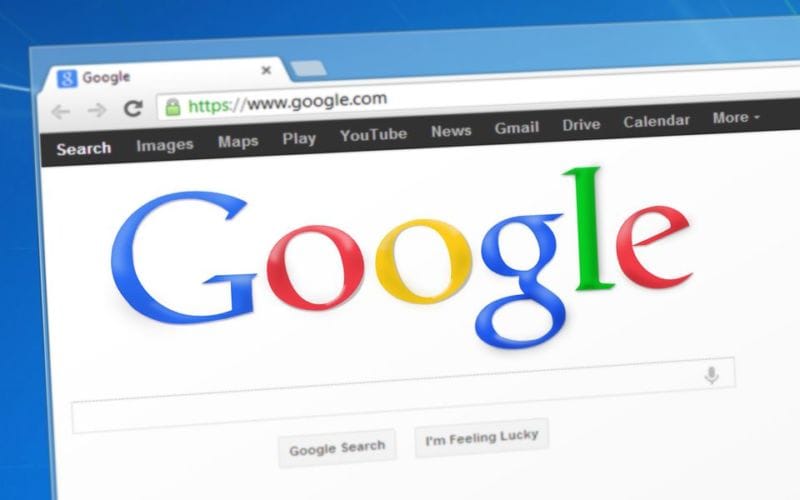San Francisco: With an eye on future, Google CEO Sundar Pichai on Tuesday announced several product and platform announcements that have Artificial Intelligence (AI) technology embedded in them and are powered by its AI assistant Google Assistant.
Pichai said that Google was moving forward with its technology responsibly, as consumers have grown increasingly concerned about how their data gets shared online and how AI can affect their jobs.
“We are in an important inflection point in computing and it is exciting to drive the technology forward. It’s made us even more reflective of our responsibilities,” Pichai said at the annual Google I/O developers conference in California.
He said that Google has been making serious strides in the field of AI and Machine Learning (ML).
According to Pichai, there are several fields where AI can create a positive impact. Top of the list was healthcare.
“AI is going to impact many many fields, such as healthcare. Our AI systems offered more insights than humans did,” the executive added.
Pichai also pointed out that Google’s AI can help doctors predict medical events in cases where a patient gets very sick and preventative measures can save lives.
He stated that with hundreds of thousands of data points, AI can help predict cardiovascular risk and detect it non-invasively, far better than any human doctor can.
“We can actually qualitatively predict the chance of readmission 48 hours ahead of time,” Pichai said.
Pichai also showcased how AI can be used to write subtitles during debates. Google’s “Looking To Listen” is an audio-visual speech separation tool that uses ML to isolate the audio from just one person from a video in which two people are talking at the same time.
Google has been using AI in making easier for specially-abled people to communicate through Morse code technology. Google AI can now write words depending on the Morse code input.
Google’s implementation will replace the keyboard with two areas for short and long signals and users can use multiple word suggestions above the keyboard just like on the normal keyboard.
The company has also created a Morse poster so to learn Morse code more easily. Google is adding morse code input to its mobile keyboard.
It also added AI capabilities in Photos, Gmail and Google Assistant which is now present in nearly every consumer-centric device.
Google also announced that it is rolling out its third generation of silicon, the Tensor Processor Unit (TPU) 3.0 machine learning hardware.
Pichai said the new TPU is eight times more powerful than last year, with up to 100 petaflops in performance. He said that the processors are so powerful that they need liquid cooling technology to keep them cool.
IANS

